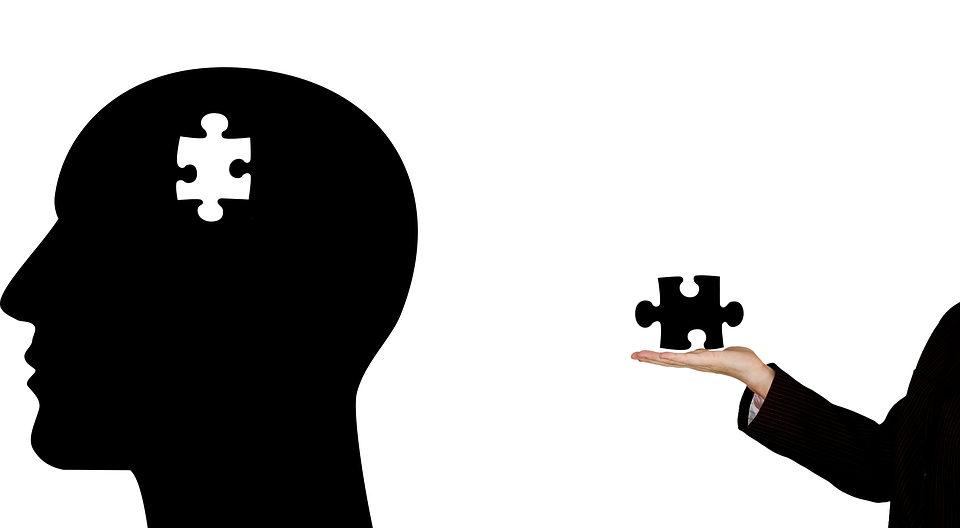Stigmatization of mental illness happens more often than we think and has far-reaching consequences. Mental illness can appear to be a flaw in a person’s character and can be completely unfounded. This can even prevent people from taking control of their condition. The worst part is that many people contribute more to this stigma than they realize. Most well-intentioned people do not act intentionally. However, certain everyday behaviors contribute to negative stereotypes.
Some examples of such behaviors include:
1) Assigning All Shootings to Mental Illness
Making a simplistic link between mental health and genocide sends the wrong signal about mental ill-health. People with mental illness are more likely to be victims of violent crimes than their perpetrators. Mentally ill people commit less than 5% of murders.
While people seem to think that these mindless statements are innocent, they are harmful to people living with mental illness and their families. It contributes to misconceptions about the disease.

2) Labeling People Based on Their Illness
It’s essential to know the words we use. While one can be guilty of being inaccurate or using hyperbolas, it is vital to prevent the abuse of terms. Think about it: you wouldn’t describe a “person with cancer” as a “person with cancer”. The same rule applies in the case of mental illness. One of the most common misconceptions occurs when we use terms like ‘schizophrenic‘ or ‘borderline personality disorder’ instead of ‘person with schizophrenia’ or ‘person with a borderline personality disorder”. The first term stigmatizes a person because it reduces the entire person to a diagnostic label.

3) Describing People as “Crazy” or “Psychotic”
It is very common for people to use such language to insult someone they think has done wrong. However, such derogatory language further contributes to the misconception that people with mental illness should be ashamed or afraid.
People stigmatize mental illness when they make inappropriate remarks about a disease that devastates the mind. Such thoughtless comments are often thought to be harmless. Still, in reality, they hurt families and people living with mental illness and contribute to misconceptions about the disease. We frequently see this in politics, sports, and even among children.

4) Judging or Mocking Someone Who Shows Abnormal Behavior
This is recurrent when it comes to celebrities. When a celebrity engages in unusual behavior on social media or real life, it is often seen as worth mentioning. Still, this behavior could be indicative of a mental health problem.
Consider the case of former NBA player Delonte West. A fan documented what he saw on social media in 2016 when he saw West walking barefoot in front of a fast-food restaurant in Houston. Several people rushed to make jokes and speculation about West’s mental health. This can tell someone who is experiencing a mental health problem that their illness is a joke or not worthy of compassion.
We need to analyze our prejudices. Mental illness is very common. Even if the intent is to play games, this behavior contributes significantly to negative attitudes toward mental health.

Ultimately, mental illness should be treated with the same sensitivity and understanding as a physical illness. We all have a role to play in reducing and eliminating the stigma surrounding mental illness. If you hear a speech that stigmatizes you, correct it. When you read it, show it to others and explain why it is wrong. If you think of something like that, look in the mirror and ask yourself. “Do I want to be the kind of person who discriminates against another person living with a brain disease? “


